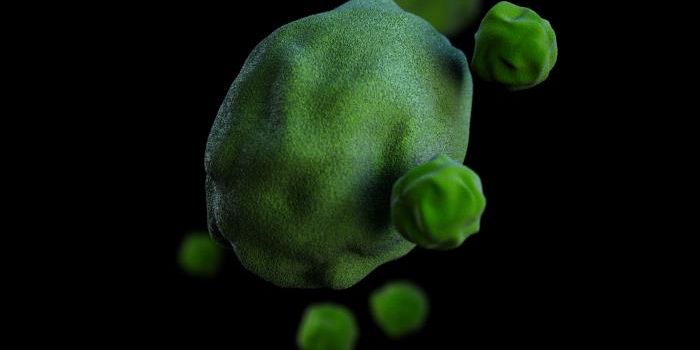CRISPR-SNP Chip Finds Point Mutations in DNA Without PCR
Some diseases, like sickle-cell anemia and familial amyotrophic lateral sclerosis, are due to errors in only a single letter of the human genome. Scientists are beginning to learn more about the significance of other common changes in single bases, or nucleotides, called SNPs (single nucleotide polymorphisms or 'snips'). In some cases, these changes have a significant impact on human health and disease. Now scientists have created a faster way to identify them, without having to make more copies of the sample being analyzed.
"The ability to detect single nucleotide polymorphisms is at the core of human health genetics but detection of SNPs is also very important in pharmacology, and agriculture, and is a driving force in evolutionary change such as mutations conferring resistance to antibiotics. Eliminating the need for amplification and optics will make SNP genotyping readily accessible," noted senior study author Dr. Kiana Aran, Keck Graduate Institute (KGI) Assistant Professor and University of California, Berkeley Visiting Scientist.
In 2019, Aran's team created diagnostic tools that utilize the technique popularly known as a gene editor, CRISPR. Now, Aran is senior study author of a publication announcing the development of CRISPR-SNP-Chip, which can identify single point mutations in genomic DNA, without requiring the sample that's being assessed to be amplified by PCR first. The work has been reported in Nature Biomedical Engineering.
"The field of CRISPR-based diagnostics is rapidly evolving due to CRISPR programmability and ease of use," Aran said. "However, the majority of CRISPR-based diagnostics platforms are still relying on target amplifications or optical detections. The reprogrammability of CRISPR combined with optics-free highly scalable graphene transistors will allow us to bring the diagnostics power of the CRISPR to its full potential.
CRISPR-ChipTM, which can detect large insertion and deletions in DNA, was also recently developed. These tools use graphene transistors, Cas enzymes, and guide RNA molecules (gRNAs). In this study, the SNP-Chip results were validated with human genomic DNA samples. Testing identified mutations by using gRNAs that target specific sequences of DNA where the mutations are located.
"SNP-Chip's digital, direct, rapid, and accurate SNP analysis will revolutionize the screening for genetic mutations," said study co-author Irina Conboy, Ph.D., a Professor of Bioengineering at the University of California Berkeley. "This new technology will inform the discovery of processes underlying disease and aging and will enable faster, more effective clinical translation."
Sources: AAAS/Eurekalert! via Keck Graduate Institute, Nature Biomedical Engineering









